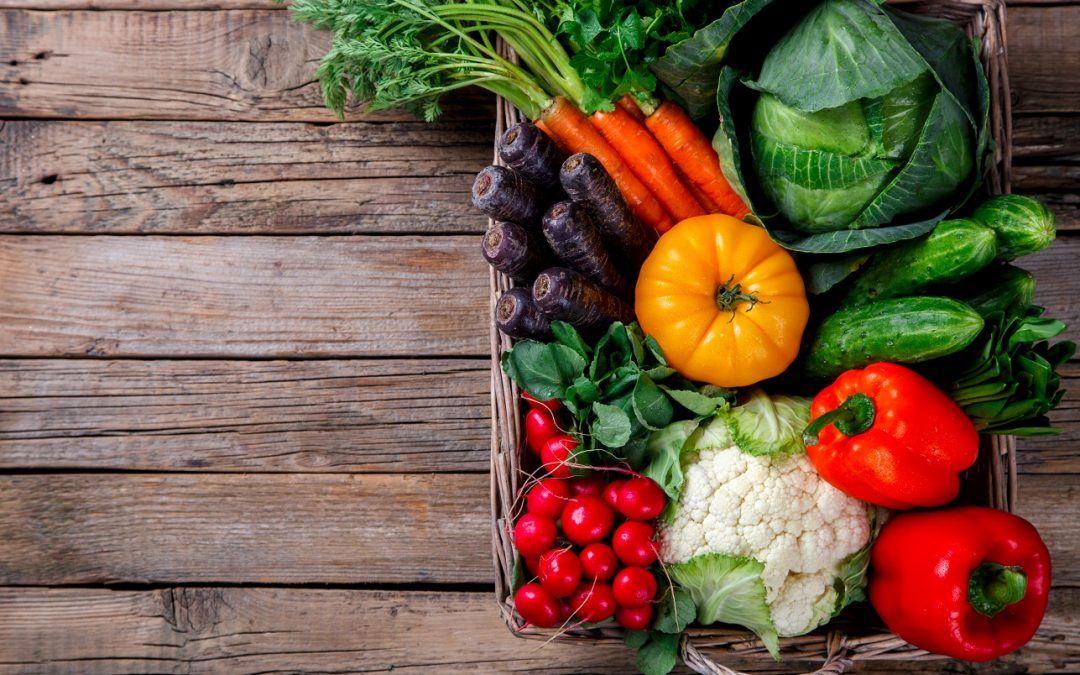Food Security And Agricultural Resilience In Developing Nations
Global Food Security & Agriculture: What Does the Future Hold
Agriculture and food security are two essential aspects that shape the future of our planet. As the global population continues to grow, estimating to reach nearly 9.7 billion by 2050, the importance of ensuring adequate food supply becomes increasingly critical. This article delves into the future of global food security and agriculture, exploring potential challenges, ideas, recommendations, and more.
In the coming years, the agricultural industry will undoubtedly face numerous challenges. Climate change, in particular, poses a significant threat. Rising global temperatures, irregular weather patterns, and increased frequency of extreme weather events can impact crop production and livestock health. Additionally, the depletion of natural resources, including arable land and freshwater, further strains the agricultural sector.
What is the future of global food security and agriculture? This question haunts the minds of farmers, researchers, policymakers, and concerned individuals alike. Addressing food security requires a multi-faceted approach involving innovation, sustainable practices, and collaboration.
What is the future of global food security?
Ensuring global food security entails establishing a robust and resilient agricultural system. To achieve this, several key factors must be considered:
Ideas for a sustainable agricultural future
1. Embracing technological advancements: The agricultural sector can benefit from the advancements in technology, such as precision farming techniques, smart irrigation systems, and remote sensing technologies. These innovations can optimize resource utilization, increase productivity, and enhance sustainability.
2. Promoting organic and regenerative farming practices: Organic farming methods minimize the use of synthetic fertilizers and pesticides, preserving soil health and reducing environmental impact. Regenerative agriculture takes this a step further, focusing on improving soil quality and biodiversity while also sequestering carbon.
3. Implementing climate-smart agriculture: Climate-smart agriculture is an integrated approach that aims to enhance food security, adapt to climate change, and mitigate environmental impacts. This involves sustainable intensification, climate risk management, and the adoption of climate-resilient crops.
Recommendations for policymakers and organizations
1. Prioritizing agricultural research and development: Investments in agricultural research can spur innovation, improve productivity, and address emerging challenges. Policymakers should allocate sufficient funding and support to research institutions and encourage collaboration between academia and industry.
2. Strengthening smallholder farmer support: Smallholder farmers play a crucial role in global food security, especially in developing countries. It is vital to provide them with access to credit, training, and modern agricultural technologies to enhance their productivity and resilience.
3. Developing sustainable agricultural policies: Governments and international organizations should prioritize the development and implementation of policies that promote sustainable agricultural practices. These policies should incentivize farmers to adopt environmentally friendly methods and support the transition to more sustainable food systems.
Listicle of strategies for sustainable food production
1. Diversifying crop varieties: Promoting the cultivation of a wide range of crop varieties can help mitigate the risks associated with climate change and diseases. It also enhances biodiversity and ensures a more resilient food system.
2. Investing in agroforestry: Agroforestry involves integrating trees and shrubs into agricultural landscapes. This practice improves soil fertility, reduces erosion, sequesters carbon, and provides additional sources of income for farmers.
3. Encouraging responsible water management: Implementing efficient irrigation techniques, such as drip irrigation or precision sprinklers, can minimize water wastage and improve water use efficiency in agriculture.
Question & Answer
Q: How can consumers contribute to global food security?
A: Consumers can make a significant impact by adopting sustainable consumption patterns. This includes reducing food waste, supporting local and organic produce, and being mindful of the overall environmental footprint of their diet.
Q: What role does genetic engineering play in global food security?
A: Genetic engineering has the potential to enhance crop productivity, develop disease-resistant varieties, and improve nutritional content. However, it also raises ethical and environmental concerns that need to be carefully addressed.
Q: How can technology help smallholder farmers?
A: Technology can empower smallholder farmers by providing them with access to market information, financial services, and agricultural best practices. Mobile applications, remote sensing technologies, and weather forecasting tools can significantly improve productivity and profitability.
Summary of the future of global food security
In summary, the future of global food security and agriculture is closely tied to our ability to tackle the challenges posed by climate change, population growth, and resource scarcity. By embracing technological advancements, promoting sustainable practices, and implementing appropriate policies, we can build a resilient agricultural system that ensures food security for present and future generations. Consumers, policymakers, and organizations all have a vital role to play in shaping this future through responsible choices and collaborative efforts. The journey towards global food security may be challenging, but with collective action, we can build a sustainable and food-secure world.

Post a Comment for "Food Security And Agricultural Resilience In Developing Nations"